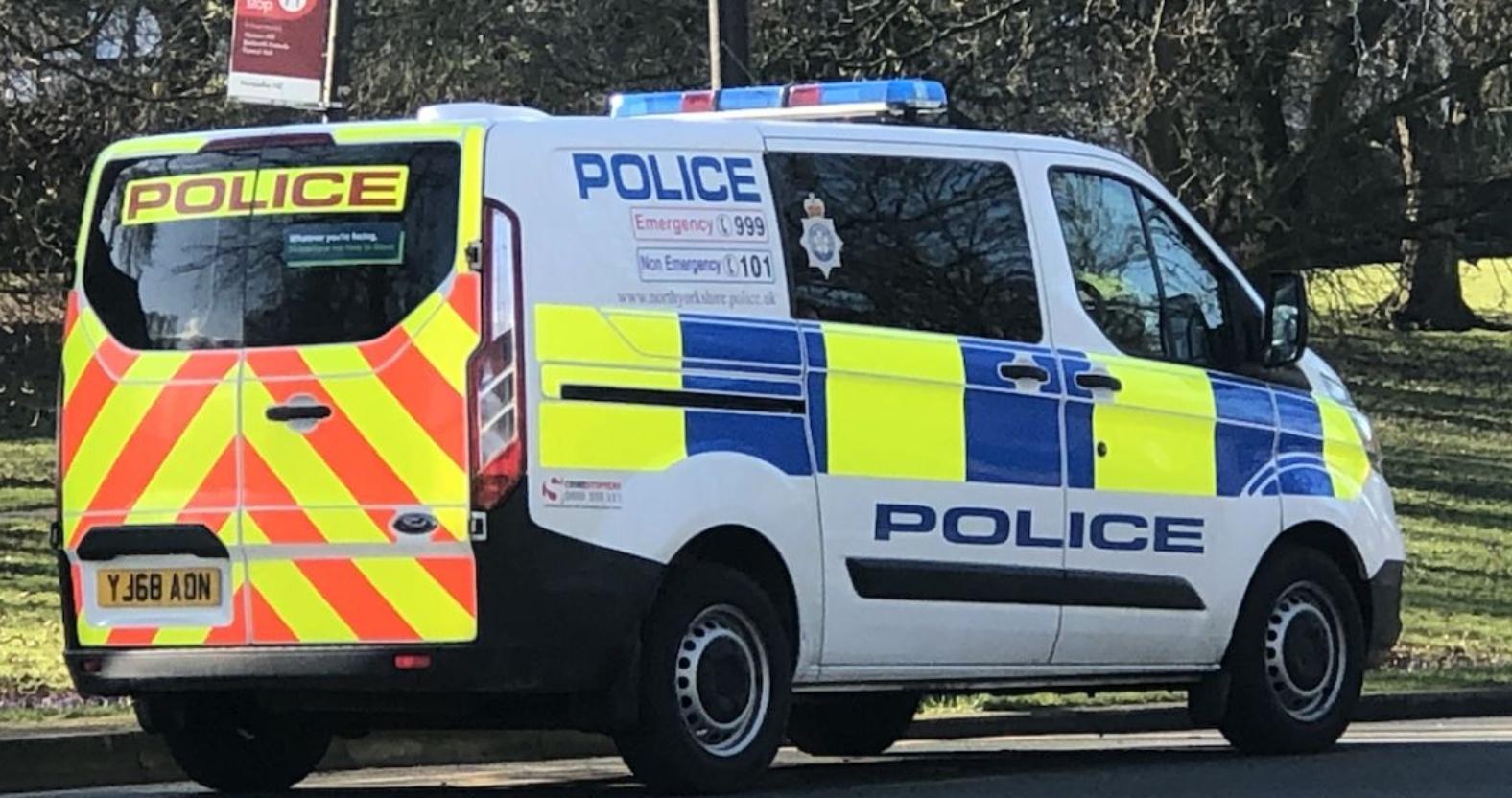Subscribe to trusted local news
In a time of both misinformation and too much information, quality journalism is more crucial than ever. By subscribing, you can help us get the story right.
- Subscription costs less than £1 a week with an annual plan.
Already a subscriber? Log in here.
22
Oct 2025
Overall crime down but robberies up in North Yorkshire

Crime rates across North Yorkshire have fallen over the last year, but some categories of offence – including drug and sexual offences – continue to show spikes, according to the deputy chief constable of North Yorkshire Police.
The latest crime figures were revealed by Scott Bisset during an online public meeting last week with Jo Coles, York and North Yorkshire’s deputy mayor for policing, fire and crime.
You can watch the meeting here.
Dep Ch Insp Bisset said crime overall had fallen by 6% over the 12 months to the end of September, with decreases in the rates of arson and criminal damage, burglary, public order offences, most types of theft, vehicle offences and violence against the person. Instances of fraud fell by as much as 50%.
Numbers of anti-social behaviour incidents in North Yorkshire continued to decrease, by 2.4% over the year.
Some crime on the increase
But some crime categories showed increases. There was a slight rise – 1.3% – in possession of weapons, sexual offences were up by 7.5%, and there was a 15.5% increase in drug offences.
By far the largest increase was in the number of robberies recorded: 316, compared with 196 the previous year – a 61.2% increase.
Dep Ch Insp Bisset said some of that increase was attributable to a change in crime recording practices. Robbery is usually regarded as theft involving the use or threat of force. But under the new system, an offence is recorded as a robbery where the suspect has used force either when stealing or to escape when challenged.
He said:
That will not now be recorded as a shop theft – it's recorded as a robbery. Previously, that wasn’t the case.
I do think it more accurately reflects the use of force towards a member of staff than it would have done when recorded as a simple theft.
You can actually see when you look at recorded shoplifting versus some of the robbery offences, that there is a trade-off between the two.
Robbery rate relatively low
He said that the types of robbery varied across the region, but also sought to place the problem within a national context.
He said:
Any robbery is not good, but in North Yorkshire the levels are relatively low in terms of numbers, compared with nationally. So any increase shows quite a big percentage increase.
These aren’t bank robberies, where cash is moving around in vans – these are on-street robberies, much of it between young people, some of it theft of mobile phones, and a little bit of it organised crime, with opposing gangs robbing each other. So there’s a completely different complexion, depending on where you are in the county.
He added:
We recognise the problem, and we’ve got some work to do to tackle it.
'Proactively' tackling drugs
Asked about the increase in drug offences, Dep Ch Insp Bisset said it was “reflective of police proactivity” in targeting drug-dealing and the possession of drugs on the street.
He said:
We will be active in this space, because we know how it contributes to violence and anti-social behaviour.
We make no apology for the change in levels of drugs recording, because much of that is being driven by our proactivity.
999 response times down
Dep Ch Insp Bisset also revealed some good news on emergency response times, which he said put North Yorkshire Police among the UK’s best.
He said:
It's notable that over the summer, when it was incredibly busy for policing nationally – every force in this region saw an increase in demand of about 16% – our ability to pick up 999 calls over 90% of the time [the national target] was maintained even through that period.
That's very pleasing and it's a real reflection of the hard work and commitment of our colleagues in the force control room.
The average answer time now is three seconds. Now if you go back two or three years, you would have seen that being in excess of 12, 13, 14 seconds. So, this is some of the strongest performance in the country now. It certainly gets us in the top 10 of forces and we're very content that it will be maintained.
0